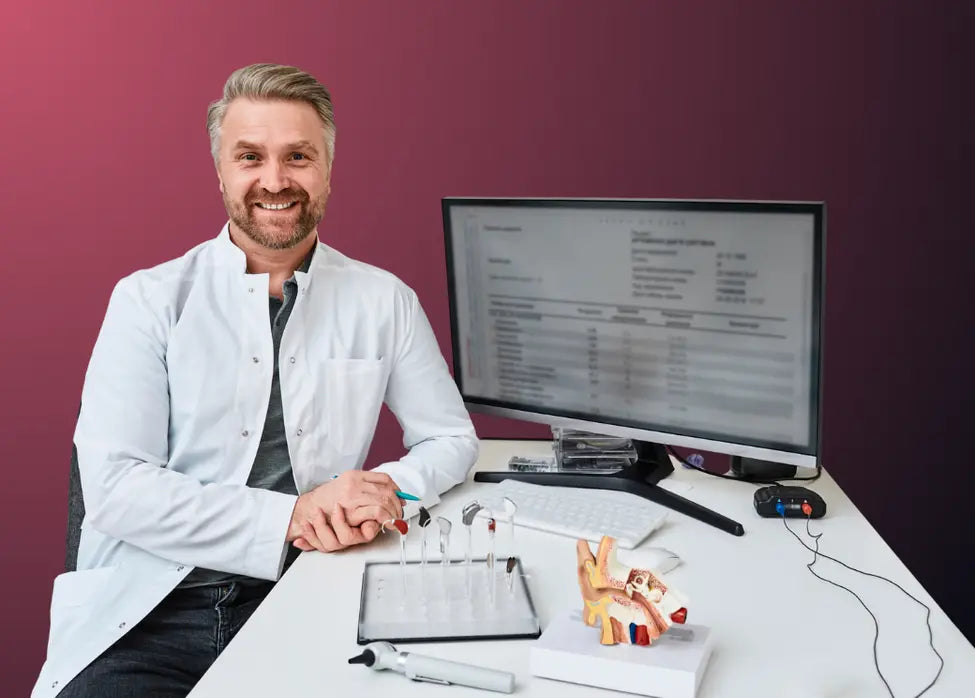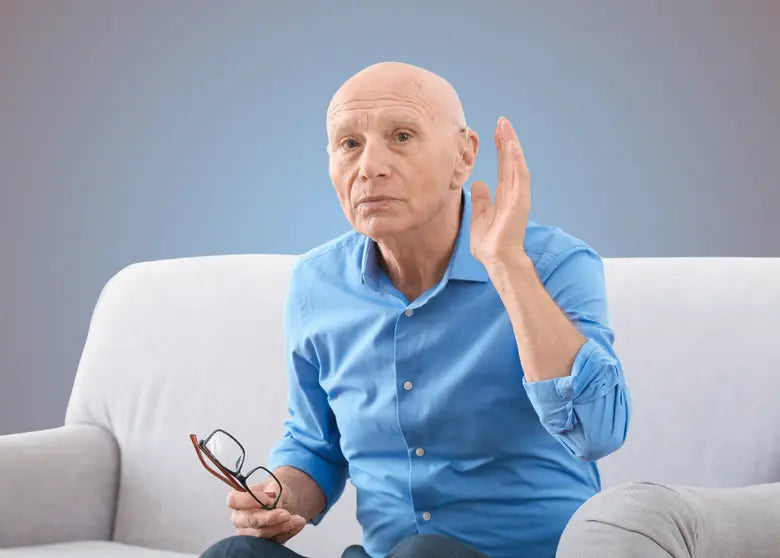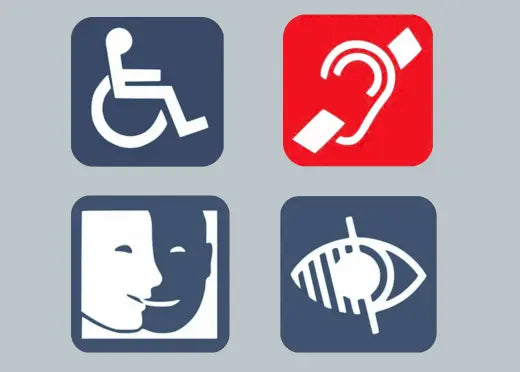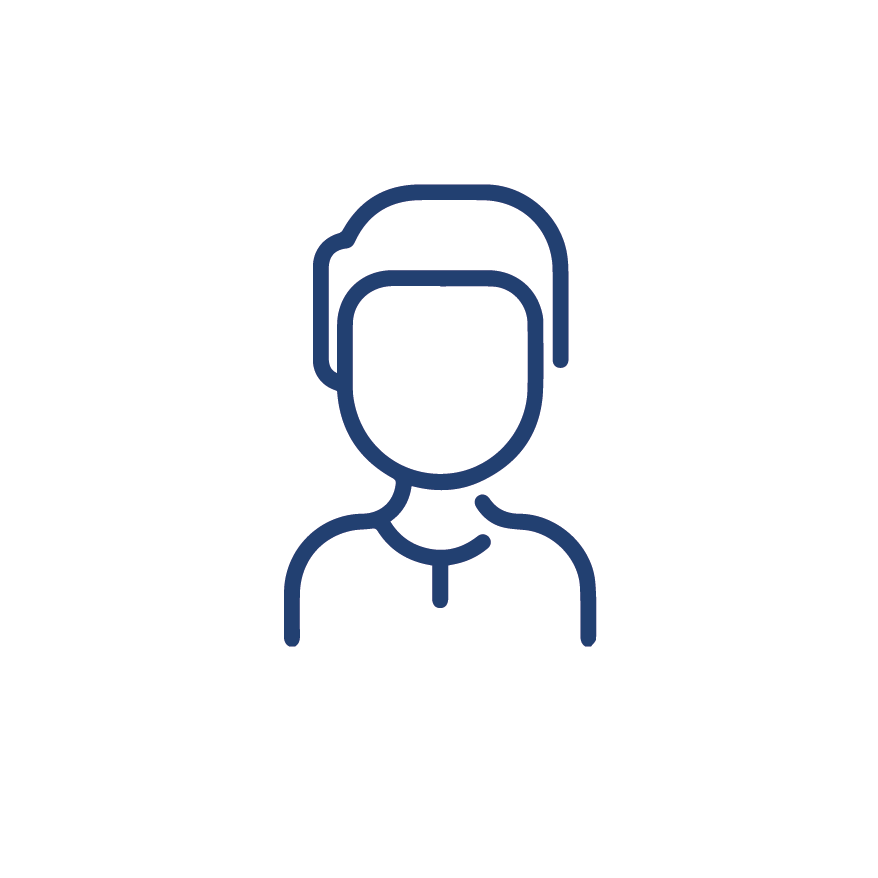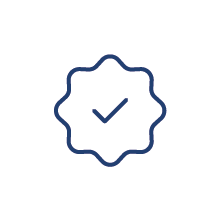Audiology: role, training and differences between audiologist and hearing aid specialist
Audiology is the science that studies hearing disorders, inner ear pathologies, and solutions to improve everyday listening. A discipline at the crossroads of medicine, neuroscience, and hearing technology, it lies at the heart of the hearing care pathway.
What is audiology?
Audiology encompasses all the knowledge related to hearing assessment, hearing loss prevention, hearing loss diagnosis, and auditory rehabilitation. It relies on tests such as audiograms and advanced analysis protocols. The audiologist intervenes at this stage to understand the precise nature of the hearing loss.
What path does it take to become an audiologist?
The title of audiologist varies depending on the country:
- In France , there is no specific audiologist diploma yet. This role is often performed by healthcare professionals trained in hearing aids, speech therapy, or neuroscience, with a specialization in auditory physiology.
- In countries like Canada or the United States , an audiologist is a professional with a doctorate in audiology (AuD).
What is the role of the audiologist?
The audiologist intervenes before a hearing aid is fitted and plays a central role in the hearing journey:
- Carrying out complete hearing assessments (audiograms, tympanometric tests, etc.)
- Assessment of the level of hearing loss and its impact on understanding
- Referral to appropriate care: medical, technological or rehabilitative
- Support in understanding the disorder and possible options
What is the difference between an audiologist and a hearing aid specialist?
These two professionals collaborate but have distinct roles:
- An audiologist is a specialist in hearing diagnosis. They are not involved in the sale of hearing aids, and their intervention focuses on assessment.
- The hearing care professional then steps in to select, adapt, and maintain the hearing aids. They work to fine-tune the hearing aids according to the patient's needs.
Their complementarity is essential to guarantee optimal support for the hearing-impaired person.
What place does audiology occupy in France?
In France, the profession of audiologist remains little known to the general public, unlike in English-speaking countries. But with the aging of the population and the increase in hearing disorders, the need for precise and personalized assessments is increasing. Recognition of this role is growing rapidly, driven by advances in neuroscience and new innovations in audiology .
And what about Spokeo?
Spokeo fits naturally into this journey, particularly for audiences who are losing their independence or are uncomfortable with traditional hearing aids. Designed as an intelligent listening assistant , Spokeo uses exclusive sound processing technology based on bi-conduction (bone and air) and a directional lavalier microphone. The result: the speaker's voice is clear, without complicated adjustments.
Recommended by healthcare professionals, Spokeo isn't intended to replace hearing aids, but to complement them—or anticipate them—in certain situations. It provides a simple and immediate solution to a major challenge: better communication despite hearing loss.


